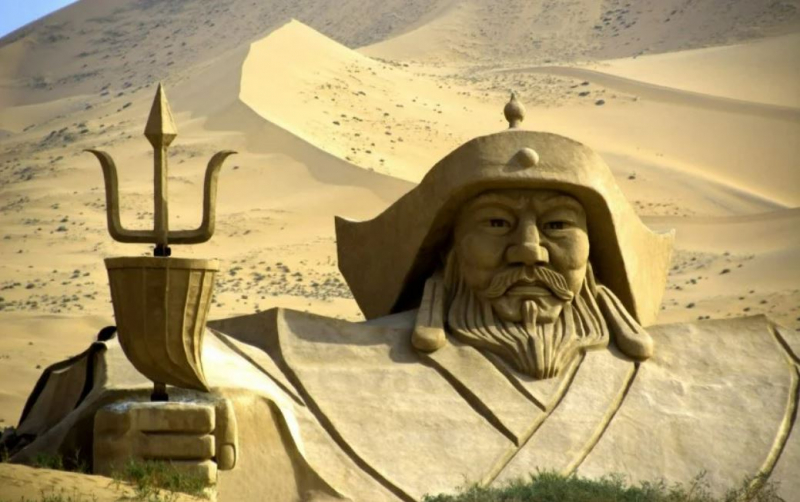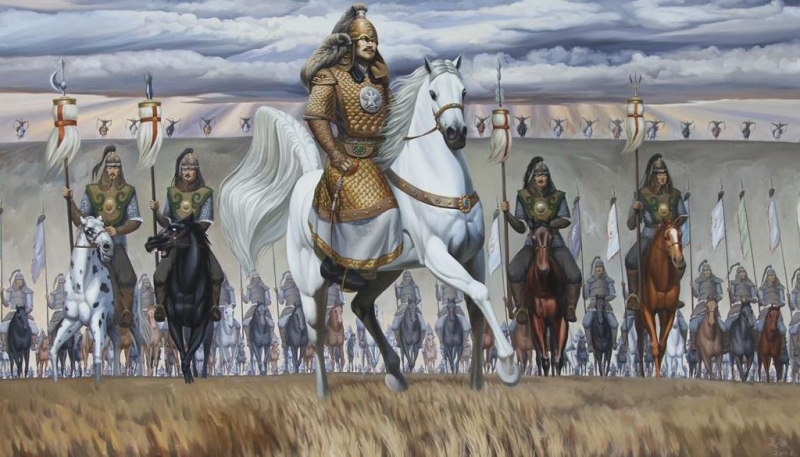He was tolerant of different religions
Actually, Genghis Khan was highly accepting of other faiths. His advisers came from a variety of religious backgrounds. He researched Christianity, Buddhism, Taoism, and Islam. He despatched a Muslim agent to Persia in an effort to make friends with them. Additionally, Genghis Khan encouraged ethnic variety within his realm by appointing representatives of various civilizations to run his cities. Given their nomadic heritage, the Mongolians lacked the experience necessary for this job.
Genghis Khan celebrated the diversity of the lands he had just conquered, in contrast to many other empire builders. He signed laws guaranteeing everyone's freedom of religion and even exempted places of worship from paying taxes. The political aspect of this tolerance stemmed from the Khan's understanding that contented people were less inclined to rebel, but the Mongols also had a very tolerant view of religion.
The Steppe peoples were a heterogeneous group that comprised Nestorian Christians, Buddhists, Muslims, and various animistic faiths. Genghis and many others adhere to a shamanistic belief system that worshiped the spirits of the sky, winds, and mountains. Spirituality was a personal concern of the Great Khan as well. Prior to significant battles, he was reputed to spend days in his tent in prayer. He also frequently visited with religious leaders to examine the specifics of their own faiths.
In his old age, he even invited the leader of the Taoist movement, Qiu Chuji, to his camp, where they allegedly held in-depth discussions about immortality and philosophy.









